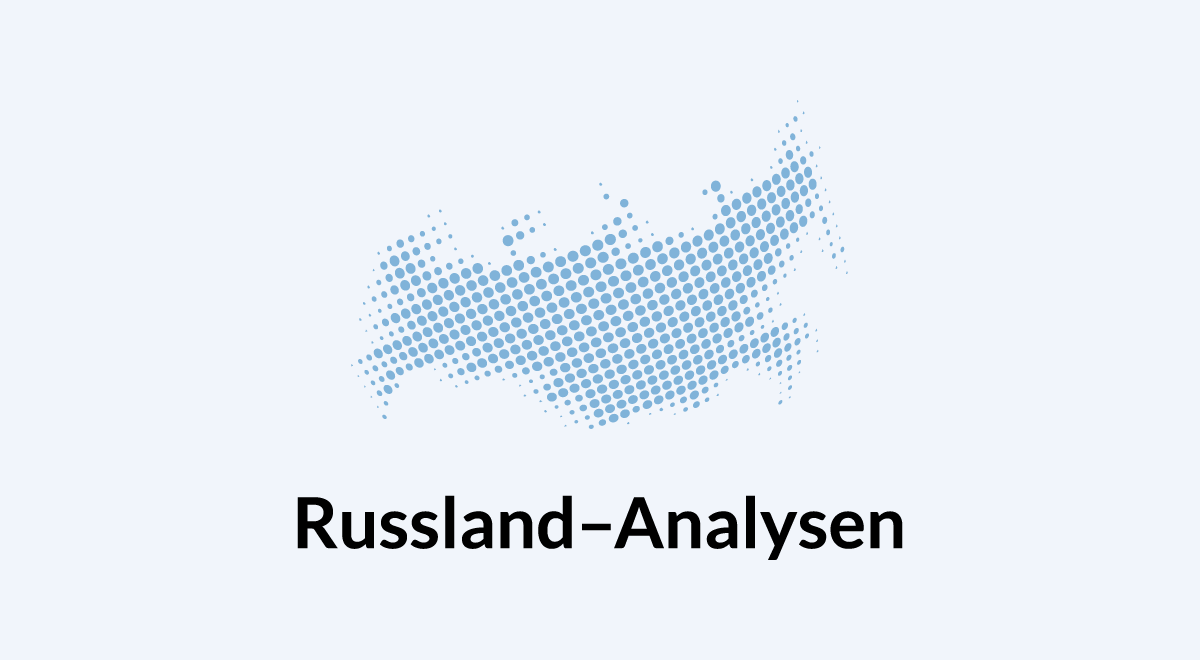 Analyse
Analyse Von Ksenia Chepikova
Die Ergebnisse der russischen Regionalwahlen geben so, wie sie uns berichtet werden, in der Regel kein zutreffendes Bild der Mehrheitsverhältnisse in den Regionalparlamenten. Aufgrund des gemischten Wahlverfahrens, das Listenwahlrecht und Einzelwahlkreise kombiniert, hat die Putin-Partei »Einiges Russland« in der überwiegenden Mehrheit der Regionen eine verfassungsändernde Mehrheit. Ihre dominierende Stellung führt dazu, dass alle politischen Prozesse in den Regionen im Grunde in der Hand einer einzigen Partei liegen. Die anderen Parteien können kaum Einfluss nehmen. »Einiges Russland« will diese Vormachtstellung auch in den Regionalwahlen des Jahres 2011 erhalten, die im Dumawahljahr besondere Bedeutung haben. (…)
Zum Artikel ![]() Artikel
Artikel Von Nadja Douglas
ZOiS Report 6/2020 State-society relations in Belarus have been tense for many years. The presidential elections in August 2020 and the mishandling of the ongoing Covid-19 pandemic have proved to be the catalyst that brought these fragile relations to a complete breakdown. Over the years, the widening gap between a new generation of an emancipated citizenry and a regime stuck in predominantly paternalistic power structures and reluctant to engage in political and economic reforms has become increasingly evident. The deteriorating economy during the last decade and the perceived decline of the country’s social welfare system have been important factors in these developments. At the same time, the regime has continued to invest in its domestic security structures to a disproportionate extent compared with neighbouring states, allowing the so-called silovye struktury (“state power structures”) to gain influence at the highest level of state governance. (…)
Zum Artikel auf zois-berlin.de